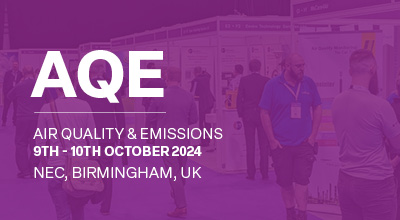| Abstract Title: | Dispatches from the frontline: how to manufacture calibrated devices using machine learning |
| Presenter Name: | Mr Bruno Beloff |
| Company/Organisation: | South Coast Science Limited |
| Country: | United Kingdom |
Abstract Information :
Small, low-cost and consistent in their behaviour, gas electrochemical sensors promise much. However, the behaviour of these sensors in real-world environments is complex. Because of this, extracting precise gas concentration signals is both rewarding and challenging. Using machine learning (ML) modelling, South Coast Science achieved MCERTS product certification in 2022 for PM2.5 and PM10. Now, it is preparing to submit for certification according to CEN/TS 17660-1 “Air quality - Performance evaluation of air quality sensor systems - Part 1: Gaseous pollutants in ambient air.” ML modelling for gas electrochemical sensors brings its own challenges, not least because each sensor has its own unique qualities. The model output is precise, but can an ML model that had been trained using one, collocated sensor be applied to others, without a loss of accuracy? In other words, can a model be calibrated to each unique sensor in each instrument? The latest frontline for South Coast Science saw the mass rollout of devices on behalf of Transport for Greater Manchester, with each device being independently validated for data quality using field reference collocation prior to deployment. Reflecting on the success of this validation, the talk describes the process of converting low-cost sensor devices into devices that deliver certified precision data.



